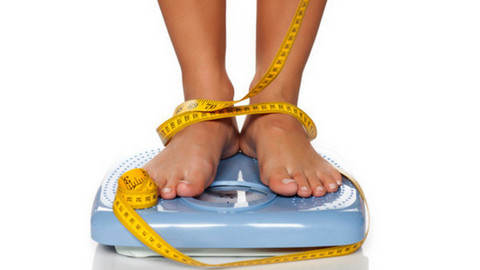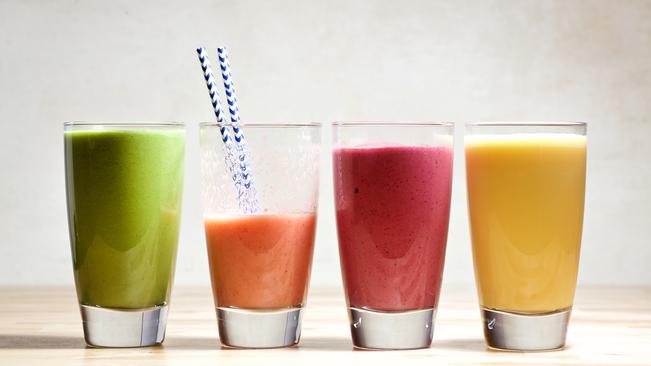The liquid diet isn’t the most exciting diet plan in the world, but it can be effective if you want to lose weight quickly. It was first made popular by an endorsement from Oprah Winfrey in 1988, who appeared on stage proclaiming she’d lost 67 pounds of fat whilst following the diet. Does it work? Will you keep the weight off long-term? Let’s find out.
The Liquid Diet Vs Regular Diets

One of the attractions of the liquid diet is that it is very simple to follow. If you buy your drinks and shakes in, you don’t need to worry about counting calories. This is a real boon for busy folk, but it’s worth remembering that many popular diet plans offer ready meals and calorie counted snacks these days.
For example, HelloFresh delivers meal kits via a subscription model, which is easy to follow. If you want to know how much does HelloFresh really cost, this link is helpful.
It’s worth comparing the liquid diet with other popular diet plans before you jump in feet first. If you want a long-term weight loss plan, there may be better options out there.
How Does the Liquid Diet Work?

The clue is in the name. In this diet, you consume only liquids. These can be vegetable juices, fruit juices, or shakes. Instead of eating meals, you drink only liquids, usually three or four times a day, typically around your usual mealtimes.
It’s possible to do your own liquid diet by juicing and making shakes at home. If you want to try a short-term cleansing diet or lose weight quickly, perhaps for a special event such as a wedding, a juice diet is very effective.
There are also Liquid Diet shakes available over the counter, which are a better idea from a nutritional perspective, as they contain extra vitamins, minerals, protein, and carbs.
Doctors and hospitals sometimes put patients on medically supervised juice diet plans. This is often so they can lose weight fast, for example, prior to surgery. Some chemo patients also go on a juice diet if they can’t eat solids.
Detox Diet
A lot of people think going on a liquid-only diet is a good way to detox the body. They believe flushing out their system with liquids helps to remove impurities, but there is no scientific evidence to suggest this actually happens. Experts say the human body has its own system for removing impurities, also known as the liver.
The Liquid Diet is Not a Long-term Weight Loss Solution

The liquid diet is a super trendy way to lose weight and when Oprah lost a ton of weight, thousands of people jumped on the bandwagon. Unfortunately, restricting calories in an extreme way forces the metabolism into survival mode. This type of weight loss is not sustainable. Most people who lose weight on the liquid diet put the weight back on as soon as they begin eating normally. Even worse, some of them put even more weight back on!
Oprah Winfrey is a prime example of how the diet doesn’t work as a long-term weight loss solution. She was candid enough to tell her readers how the diet failed for her when she posted a blog on the subject. She wrote:
“When I started Optifast in July 1988, I was at 212 pounds. By fall, I weighed 145 pounds. Wearing my size 10 jeans, I pulled a wagon full of fat — representing the 67 pounds I’d dropped — onto the stage. What I didn’t know was that my metabolism was shot. Two weeks after I returned to real food, I was up 10 pounds. Since I wasn’t exercising, there was nothing my body could do but regain the weight.”
Is the Liquid Diet Safe?

We have already touched on this, but it’s fair to say, in many cases, no, the liquid diet is not safe. Because you won’t be eating whole fruits and vegetables, your body’s digestive tract will suffer. You could end up with constipation and IBS. You probably won’t be getting enough protein either, which can lead to hair loss, fatigue, and worse.
Restricting calories to an extreme level is not safe. You will be fine if you follow the liquid diet for no more than a few days but consuming less than 800 calories a day long-term will lead to malnutrition. Most people lose mainly water when they try an extreme diet. The moment they revert to eating normal food, the water piles back on, along with extra fat.
Unless your doctor has recommended you follow a liquid diet for medical reasons, it’s not safe to stick with a liquid diet for more than a few days at the most.
Never try an extreme diet without consulting your doctor, especially if you have underlying health problems. It’s not worth the risk.




